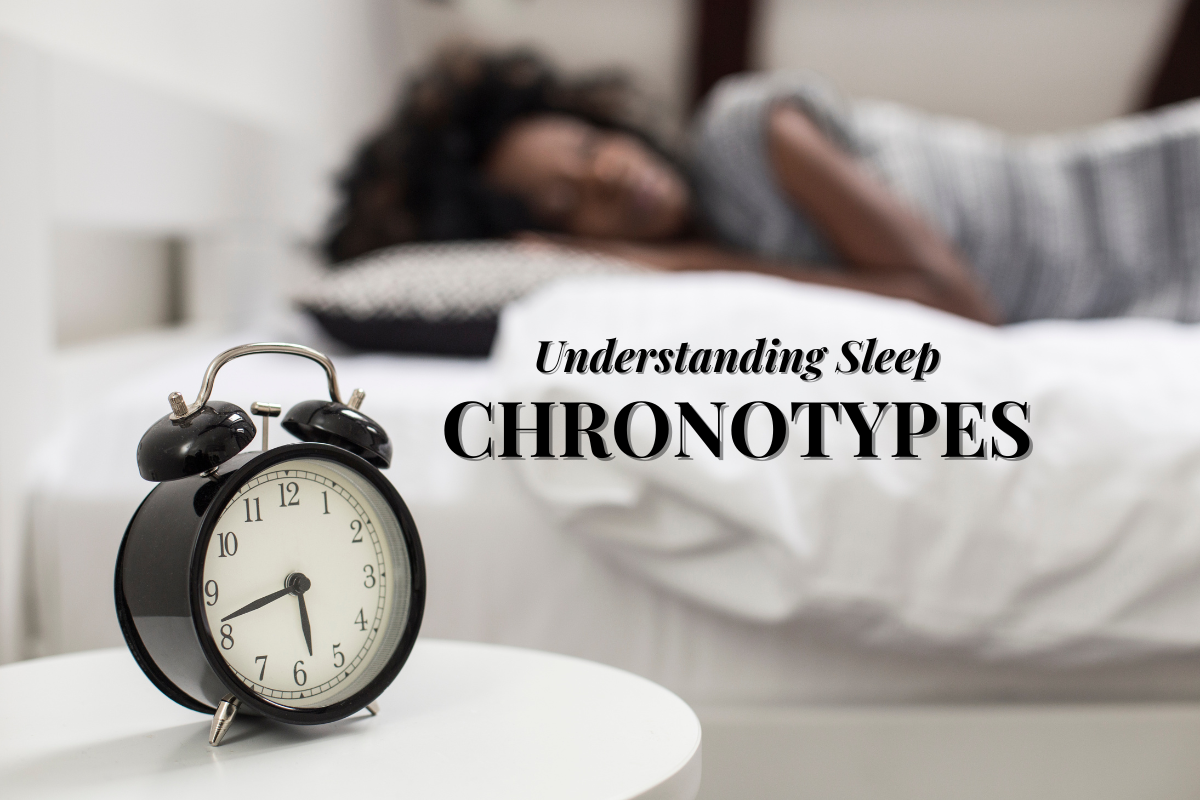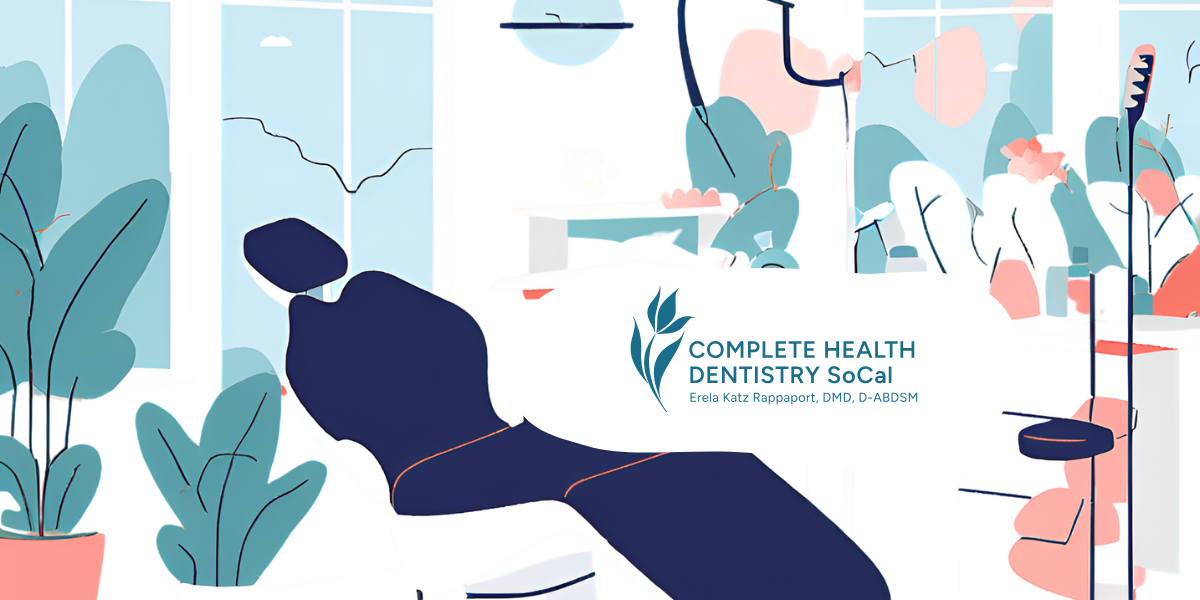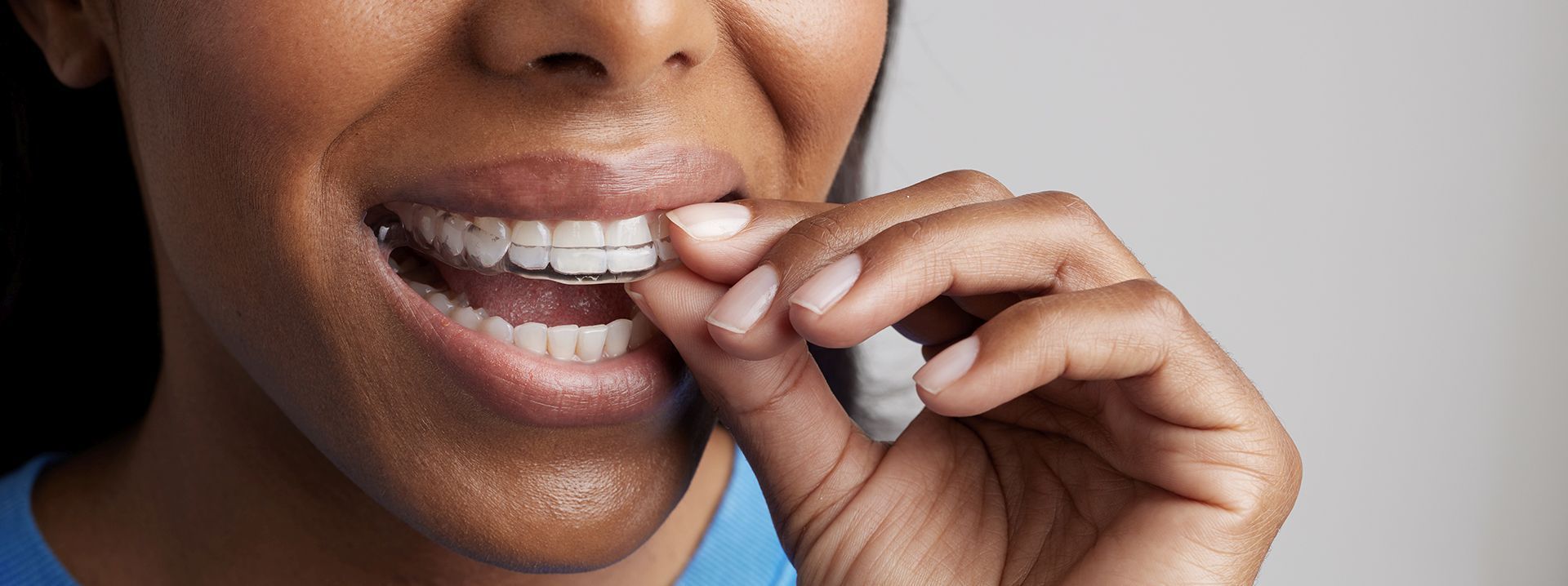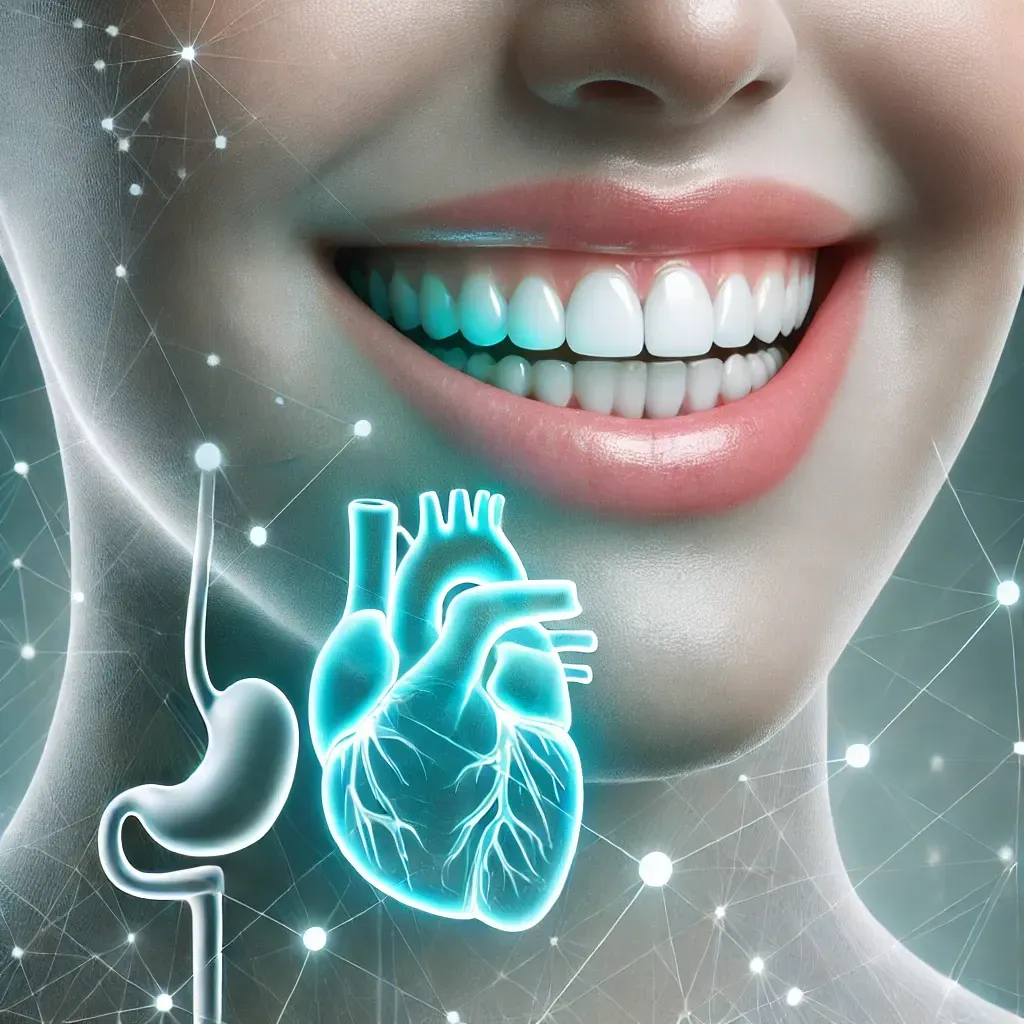5 Daily Habits to Protect Your Teeth and Brain
Your oral health and brain health are more connected than you might think. Research shows that poor oral hygiene can lead to inflammation and systemic issues that may impact cognitive function. Here are five simple daily habits to help keep your teeth strong and your brain sharp:
1. Brush Your Teeth Twice a Day
Brushing your teeth is non-negotiable. Use a soft-bristled toothbrush and fluoride toothpaste to clean all surfaces of your teeth for two minutes. This habit removes plaque buildup that can lead to gum disease—an issue linked to cognitive decline.
2. Floss Daily
Don’t skip the floss! Cleaning between your teeth prevents gum inflammation and infection, which can contribute to harmful inflammation in the body. Consistent flossing helps maintain both oral and overall health.
3. Stay Hydrated
Drink plenty of water throughout the day. Water helps wash away food particles and bacteria, reducing your risk of cavities and bad breath. Staying hydrated also benefits your brain by improving focus and energy levels.
4. Eat Brain-Friendly Foods
Incorporate foods rich in antioxidants, vitamins, and omega-3 fatty acids into your diet. Leafy greens, nuts, fatty fish, and berries not only protect your brain but also support healthy gums and teeth.
5. Prioritize Sleep
Quality sleep is essential for both oral and brain health. If you’re experiencing snoring or disrupted sleep, it could be a sign of sleep apnea. Addressing these issues with a dentist or doctor can improve your overall well-being.
Small Steps, Big Benefits
Protecting your teeth and brain starts with small daily actions. By practicing these five habits, you’re investing in a healthier, brighter future.
Let’s work together to prioritize your oral and cognitive health. Schedule a consultation today!













